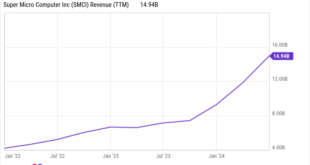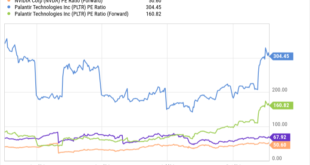By Dawn Chmielewski
(Reuters) – Media baron Rupert Murdoch’s Dow Jones and New York Post filed a lawsuit against Perplexity AI on Monday, claiming the AI startup engages in a “massive amount of illegal copying” of their copyrighted work.
Perplexity’s search tools enable users to get instant answers to questions with sources and citations. It is powered by a variety of large language models (LLMs) that can sum up and generate information, from OpenAI to Meta’s open-source model Llama.
“This suit is brought by news publishers who seek redress for Perplexity’s brazen scheme to compete for readers while simultaneously freeriding on the valuable content the publishers produce,” read the lawsuit filed in the Southern District Of New York. Dow Jones and NY Post are owned by Murdoch’s News Corp.
Perplexity did not immediately respond to an email from Reuters seeking comment.
Dow Jones and the New York Post are bringing two claims of copyright infringement. The news outlets accuse Perplexity of amassing massive quantities of its copyrighted into the database, which uses an AI technique known as retrieval-augmented generation (RAG) to provide answers to users’ queries, without permission or payment.
They are asking the court to stop Perplexity from using its news articles as the basis for providing answers to questions, and to order the destruction of any database using its copyrighted work.
“Perplexity perpetrates an abuse of intellectual property that harms journalists, writers, publishers and News Corp,” News Corp CEO Robert Thomson in a statement.
“The perplexing Perplexity has willfully copied copious amounts of copyrighted material without compensation, and shamelessly presents repurposed material as a direct substitute for the original source. Perplexity proudly states that users can ‘skip the links’ – apparently, Perplexity wants to skip the check,” he said.
Earlier this month, New York Times sent Perplexity a “cease and desist” notice demanding it to stop using the newspaper’s content for generative AI purposes.
Perplexity has also faced accusations from media organizations such as Forbes and Wired for plagiarizing their content, but has since launched a revenue-sharing program to address some concerns put forward by publishers.
(Reporting by Dawn Chmielewski in Los Angeles, additional reporting by Kenrick Cai in San Francisco Editing by Nick Zieminski)
Source link
 meganwoolsey Home
meganwoolsey Home



